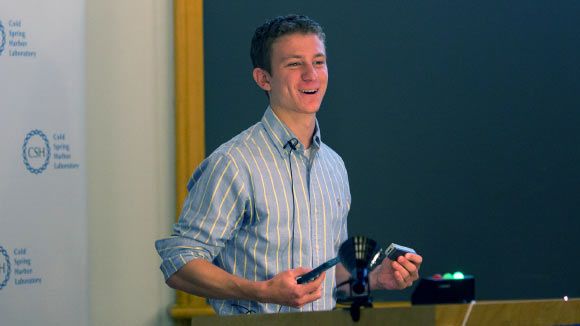Researchers have found a way to protect highly fragile quantum systems from noise, which could aid in the design and development of new quantum devices, such as ultra-powerful quantum computers.
The researchers, from the University of Cambridge, have shown that microscopic particles can remain intrinsically linked, or entangled, over long distances even if there are random disruptions between them. Using the mathematics of quantum theory, they discovered a simple setup where entangled particles can be prepared and stabilized even in the presence of noise by taking advantage of a previously unknown symmetry in quantum systems.
Their results, reported in the journal Physical Review Letters, open a new window into the mysterious quantum world that could revolutionize future technology by preserving quantum effects in noisy environments, which is the single biggest hurdle for developing such technology. Harnessing this capability will be at the heart of ultrafast quantum computers.








